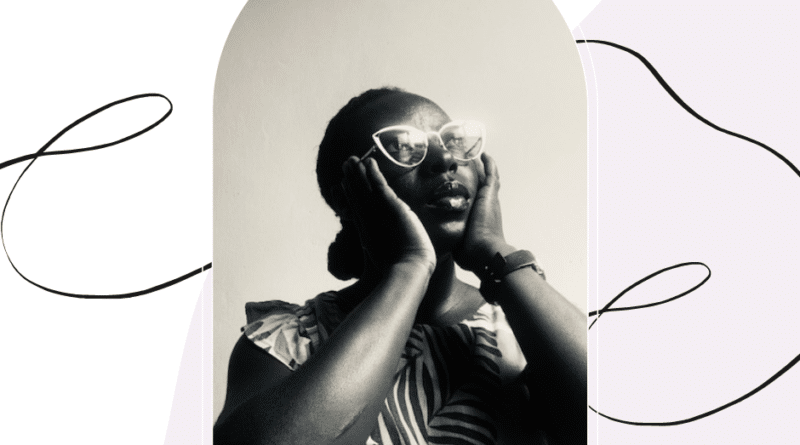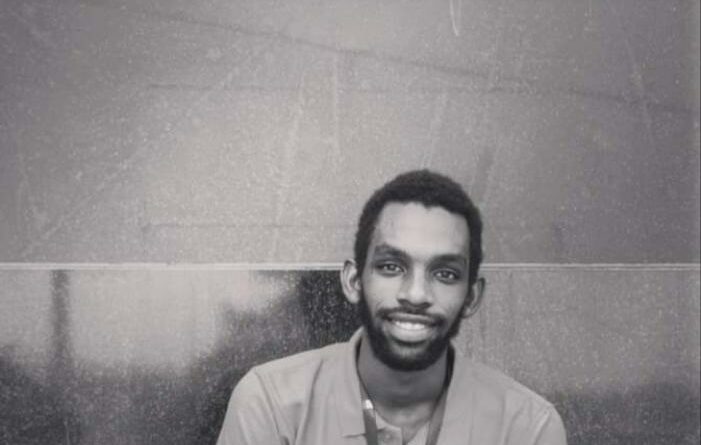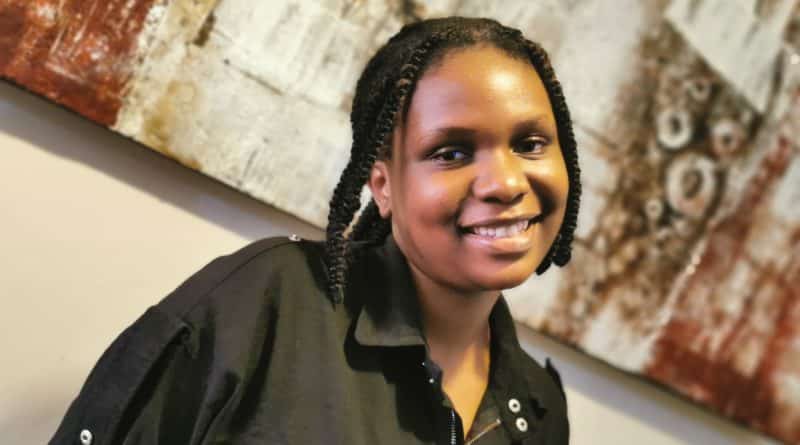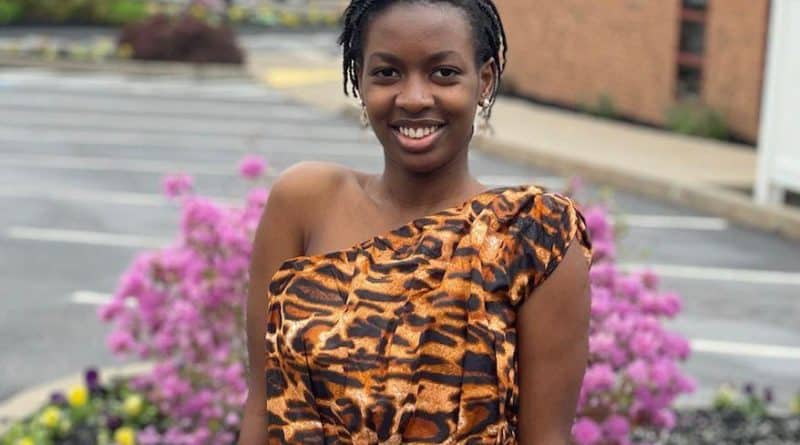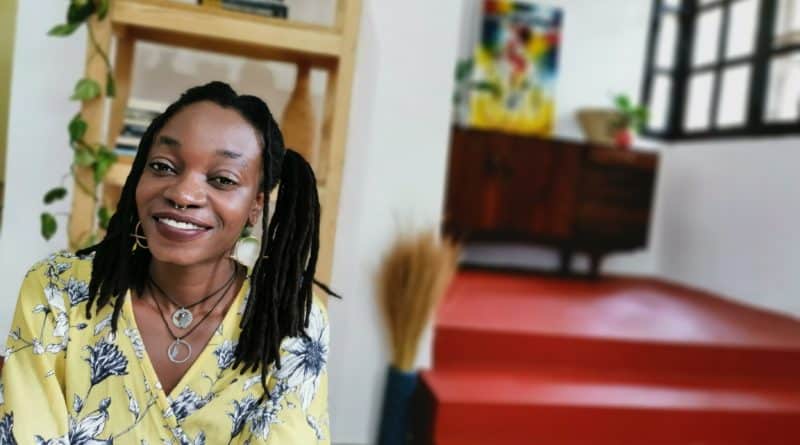“Wounds of Brokeness”, when healing is nothing but a mirage
Sometimes mental issues manifest in waves. Long, apparently peaceful times can be followed by new, unexpected waves of pain. And you find yourself again into waters you thought were already gone and that, instead, have changed their course to come for you. Traumas emerge from the depths of your sorrow and your never fully healed wounds start to bleed again. Ghanaian Afia Amoaa Oppong-Kwakye describes in her poem this condition of incredulity and helplessness in front of the destructive force of mental suffering; something strong enough to numb your will and make healing seem impossible.
Leggi di più
